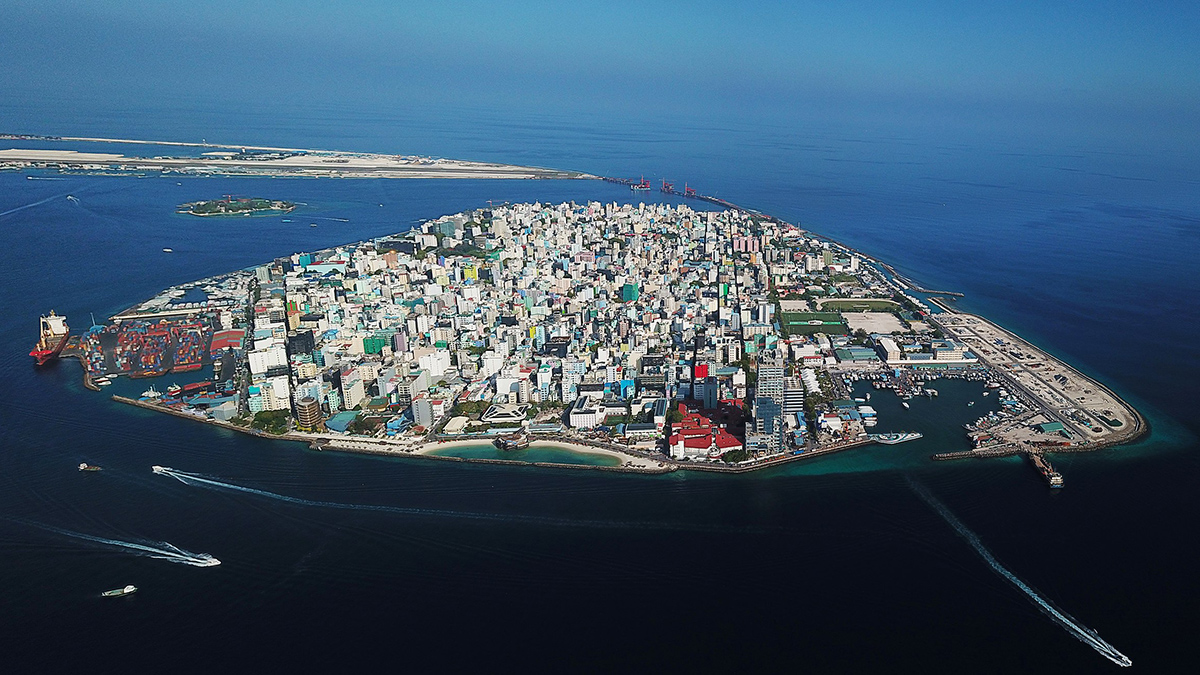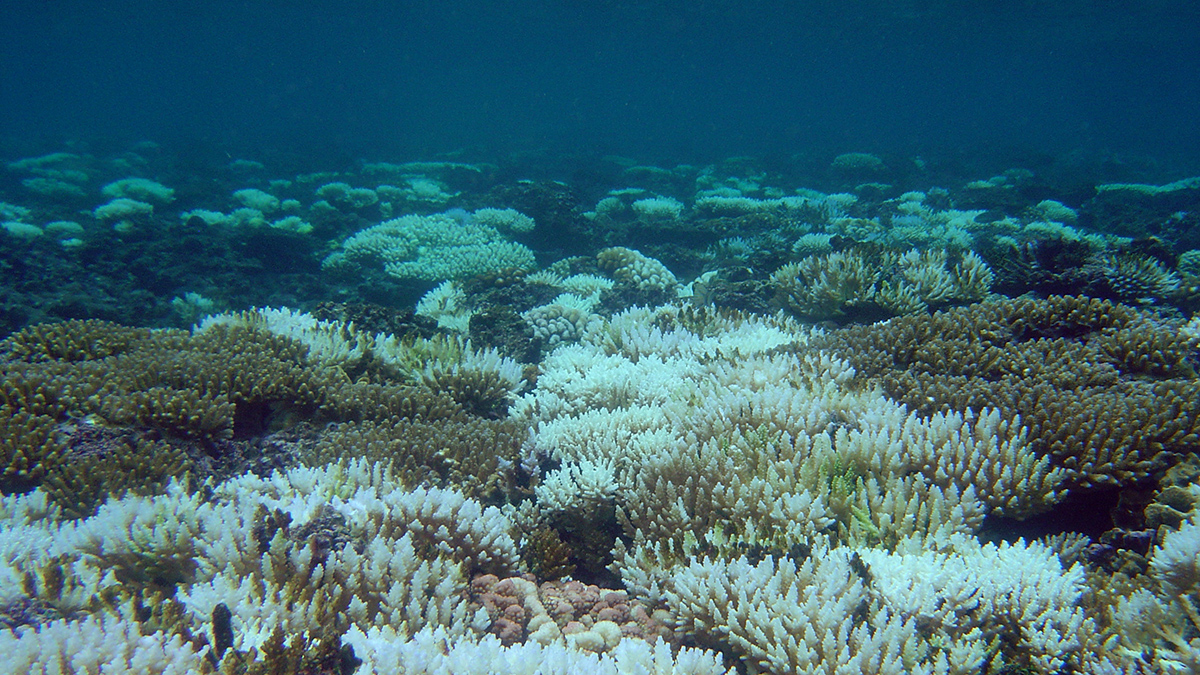Increasing ocean acidity could spell trouble for fish that depend on corals’ many branches for protection.
Oceans
The Surprising Factor Making the United States a Tornado Hot Spot
The roughness of terrain far upstream of where tornadoes occur can affect their formation. It could be what drives the contrast in tornado activity between North and South America.
A Path Toward Understanding Regional Sea Level Rise
Finer-resolution models, as well as an improved understanding of ocean shelf–sea processes, are key to understanding the way different coastlines will be affected by rising waters, extreme storm surges, and waves.
Exploring New Zealand’s Remote Fjords
Doing research in Fiordland—a vast territory of mountains, forests, and fiords in southwest New Zealand—takes ingenuity, collaboration, and a really good raincoat.
The Many Adventures of Nitrogen in the Arctic Ocean
New research reviews how our atmosphere’s most abundant element cycles through the Arctic Ocean—and how climate change could affect the process.
Some Reefs Could Bleach Year-Round by 2080
Cutting greenhouse gas emissions could protect some reefs more than others.
The Benefits of Empowering Community College Geoscience Faculty
Creating spaces and partnerships tailored to 2-year-college faculty can improve perceptions of how they fit into the geoscience community and boost diversity in the discipline more broadly.
Metallic Nodules Create Oxygen in the Ocean’s Abyss
These nodules, a focus of seabed mining interests, could be natural “geobatteries” and play a larger-than-expected role in the deep-sea ecosystem.
Aliyah Griffith: Ocean Scientist, Explorer, Mermaid
A marine biologist is studying coral reefs and making ocean sciences more tenable for young explorers.
Waves May Be Crashing on Titan’s Shores
A new study suggests that wind-driven waves could be sculpting the coastlines of the lakes and seas on Saturn’s largest moon.










